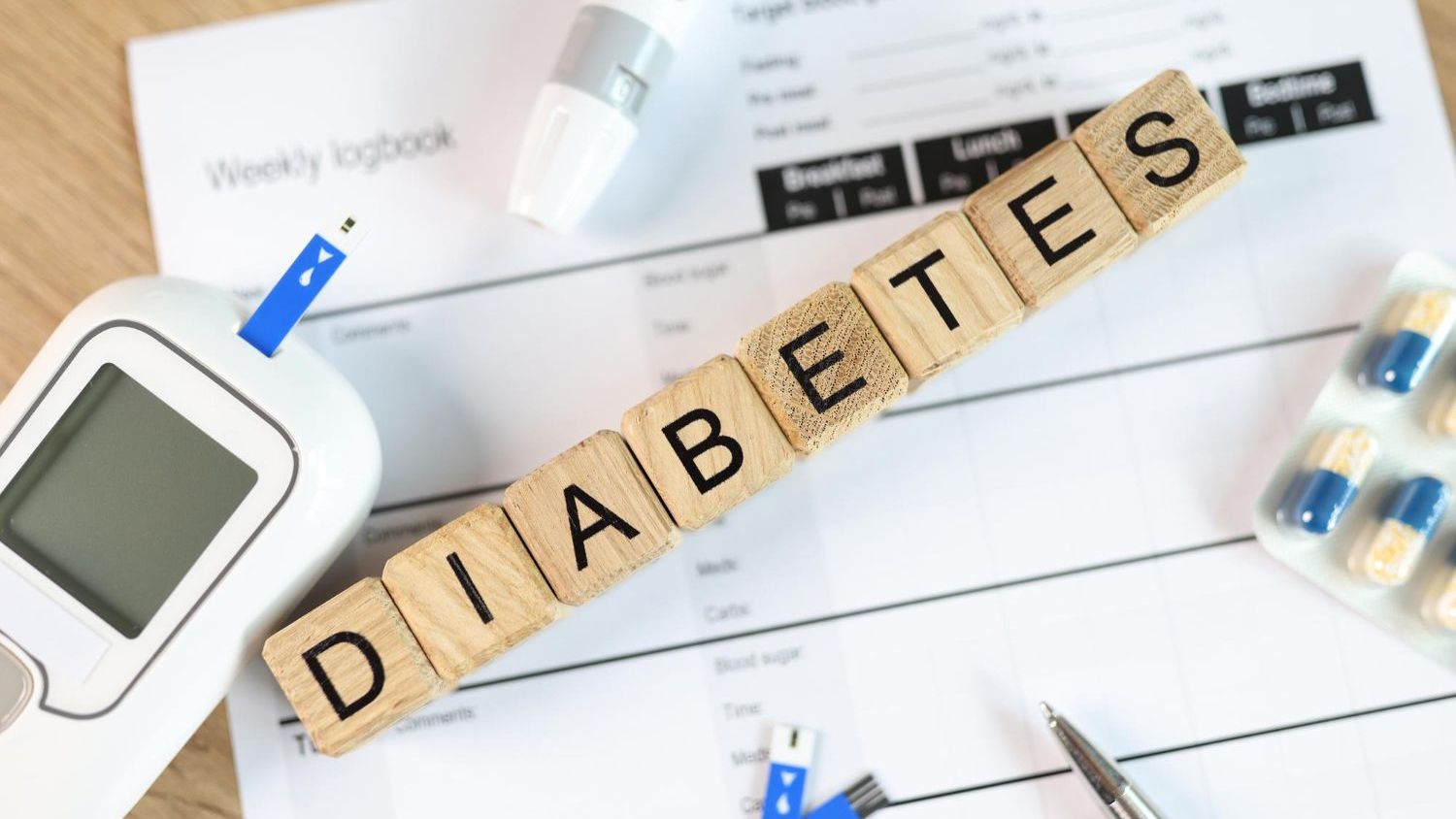Marking Diabetes Week
Essential Insights for Nurses and Paramedics in Custody and Sexual Assault Referral Centres

As we mark Diabetes Week, it's crucial for healthcare professionals working in police custody and sexual assault referral centres to deepen their understanding of diabetes management. This knowledge is not only vital for providing optimal care but also for ensuring the safety and well-being of individuals with diabetes.
Understanding Diabetes: Type 1 and Type 2
Type 1 Diabetes
Type 1 diabetes, formerly known as insulin-dependent diabetes mellitus (IDDM), is an autoimmune condition where the body attacks insulin-producing beta cells in the pancreas. This results in little to no insulin production. Individuals with Type 1 diabetes must manage their condition with insulin therapy to maintain blood glucose levels. This type often manifests in childhood or adolescence but can occur at any age.
Type 2 Diabetes
Type 2 diabetes, formerly non-insulin-dependent diabetes mellitus (NIDDM), is characterised by insulin resistance and a relative lack of insulin. The pancreas initially produces insulin, but the body's cells do not use it effectively. Over time, the pancreas cannot keep up with the increased demand, leading to elevated blood glucose levels. Type 2 diabetes is more common in adults but is increasingly diagnosed in younger populations due to rising obesity rates.
Key Differences:
- Onset: Type 1 is sudden and often diagnosed in younger individuals, while Type 2 develops gradually and is typically diagnosed in adults.
- Insulin Production: Type 1 results in no insulin production; Type 2 involves insulin resistance and eventual inadequate insulin production.
- Management: Type 1 requires insulin therapy; Type 2 can often be managed with lifestyle changes, oral medications, and sometimes insulin.
Insulin Regimens: Tailored Approaches
For those with diabetes in custodial settings, understanding insulin regimens is essential. Insulin therapy varies based on individual needs and the type of diabetes.
Rapid-Acting Insulin
This type of insulin begins to work within 15 minutes of injection, peaks around 1 hour, and continues to work for 2-4 hours. It is typically used before meals to control postprandial blood glucose spikes. Examples include insulin lispro, insulin aspart and insulin NovoRapid.
Long-Acting Insulin (Basal Insulin)
Long-acting insulins, or basal insulins, are designed to maintain blood glucose levels steady over a long period, mimicking the body’s natural insulin release. They begin to work several hours after injection and last for up to 24 hours or more. Examples include insulin glargine.
Basal-Bolus Regimen
A basal-bolus regimen combines both rapid-acting and long-acting insulins. The long-acting insulin provides a baseline level of insulin throughout the day and night, while the rapid-acting insulin covers mealtime glucose spikes. This approach closely mimics the body’s natural insulin pattern and offers flexible control over blood glucose levels.
Practical Considerations in Custody
Managing diabetes in a custodial setting presents unique challenges. Here are key points for healthcare professionals:
- Blood Glucose Monitoring: Regular monitoring is crucial. Ensure that custody facilities are equipped with reliable glucose meters and ketone testing strips. Baseline blood glucose levels should be obtained as soon as possible.
- Insulin Administration: Supervise or instruct the self-administration of insulin. If usual insulin is unavailable, secure an appropriate prescription promptly.
- Hypoglycaemia Management: Custody staff should be trained to recognise signs of hypoglycaemia, such as weakness, dizziness, confusion, and loss of consciousness. Immediate administration of glucose is vital.
- Hyperglycaemia and Ketoacidosis: Elevated blood glucose levels and ketones indicate a medical emergency. Symptoms of diabetic ketoacidosis (DKA) include nausea, vomiting, abdominal pain, and deep laboured breathing. Immediate hospital transfer may be necessary.
Diabetes Resources
- FFLM | Management of Diabetes Mellitus in custody
- Diabetes UK | Resources to Improve Your Clinical Practice
- RCN | Diabetes Professional Resources
- MyType1 Diabetes | Healthcare Professional Resources
Conclusion
Marking Diabetes Week is a reminder of the critical role healthcare professionals play in managing diabetes within custody and sexual assault referral centres. By staying informed about the differences between Type 1 and Type 2 diabetes, understanding various insulin regimens, and being prepared for emergencies, we can provide better care and support for individuals with diabetes.
Thank you for your dedication and commitment to improving the health and safety of those in your care.









